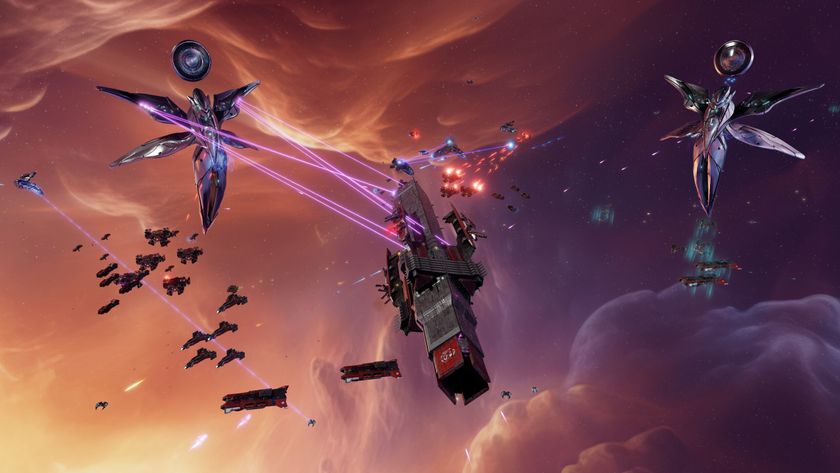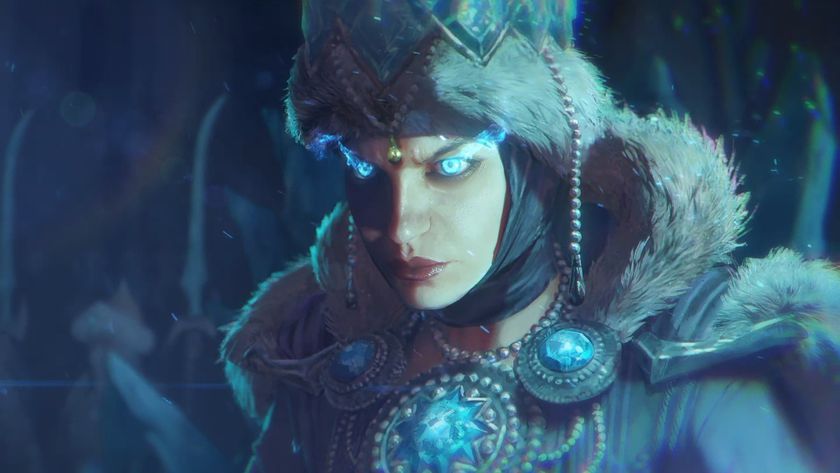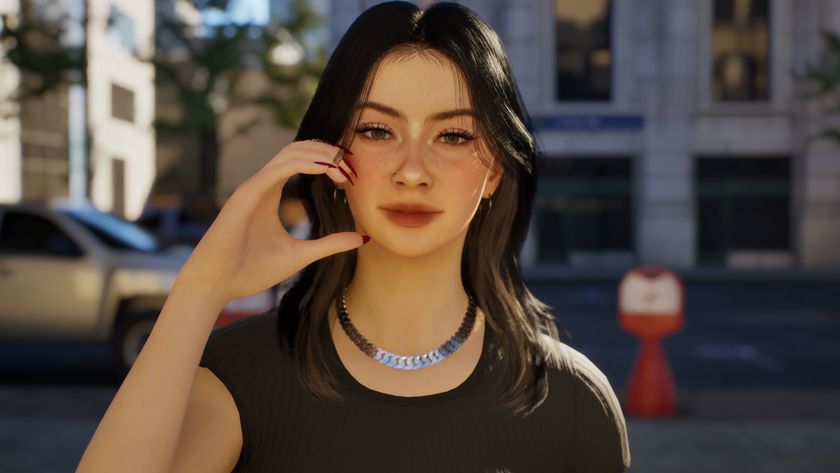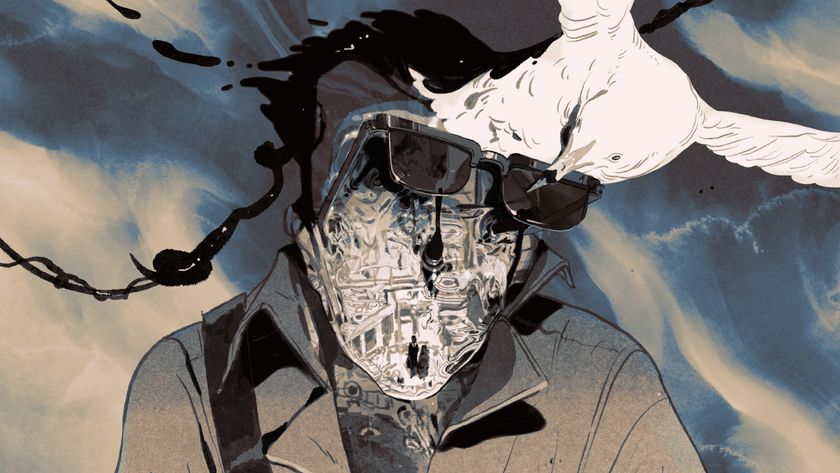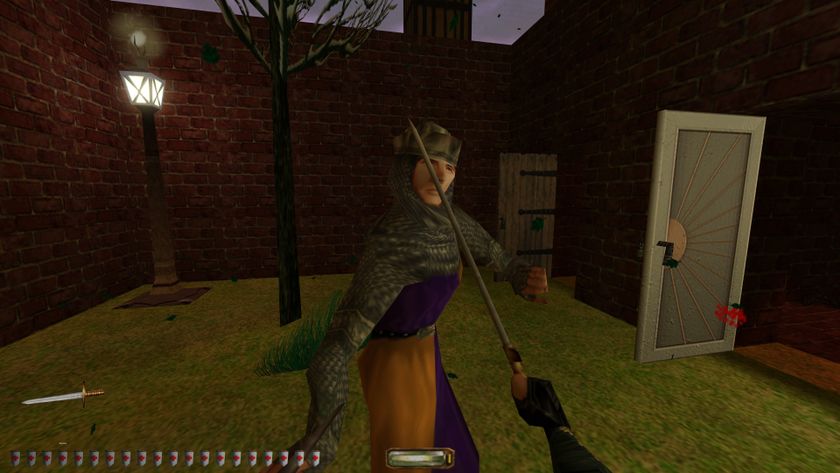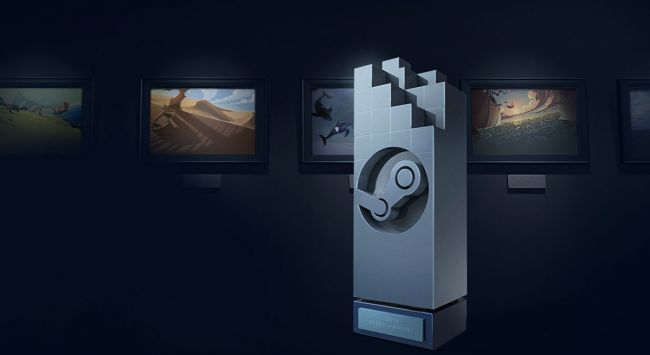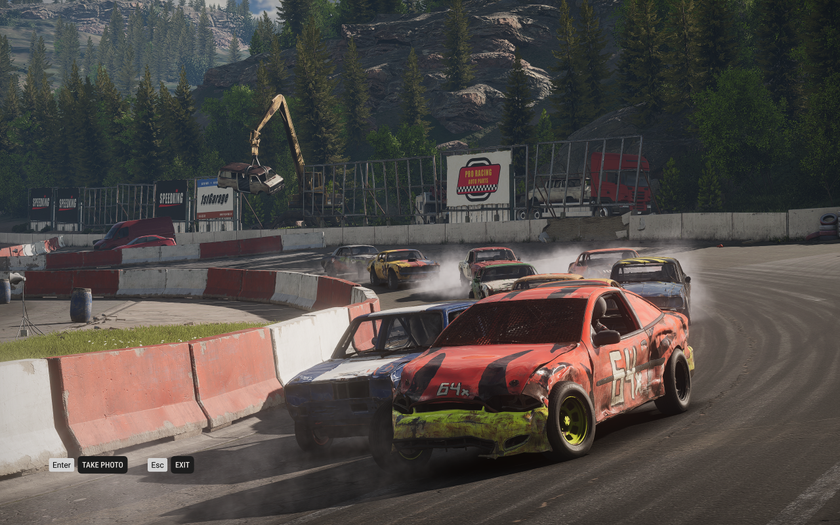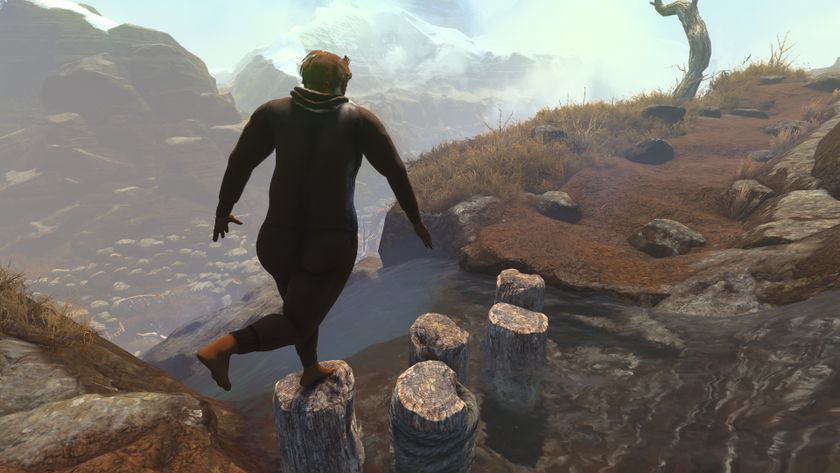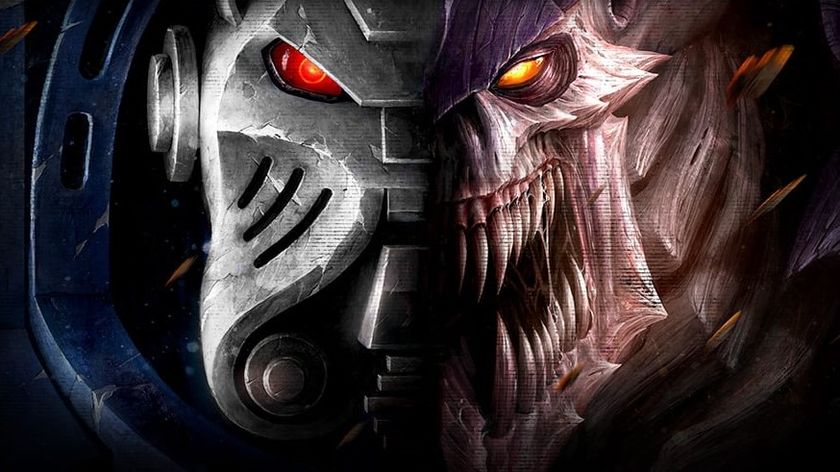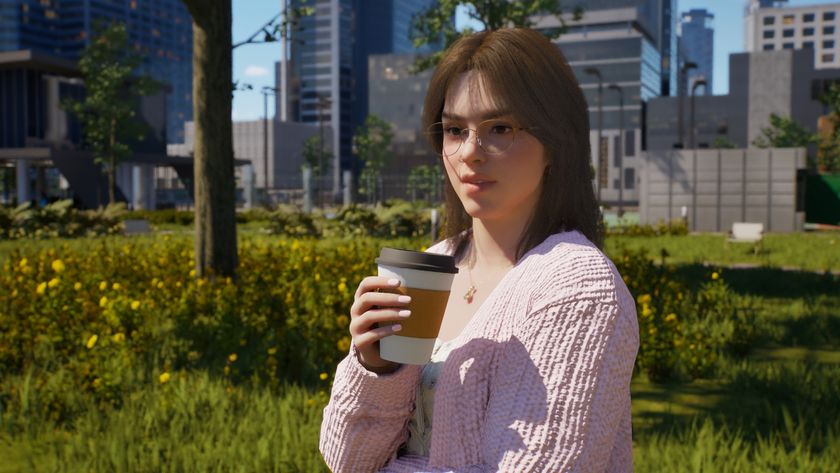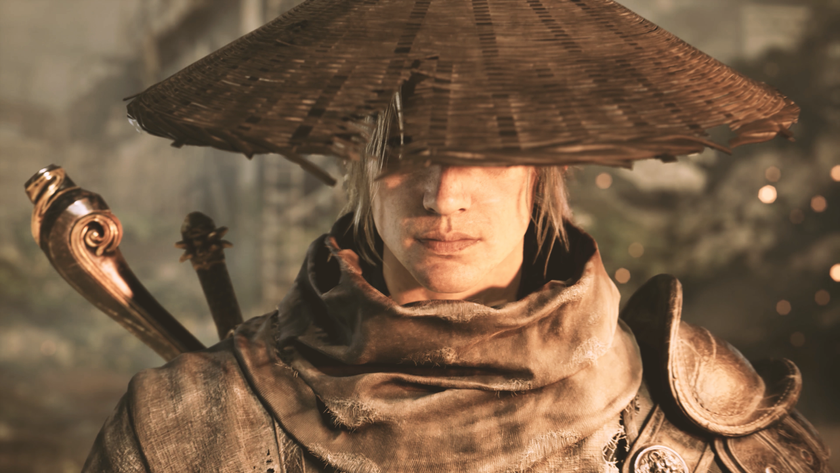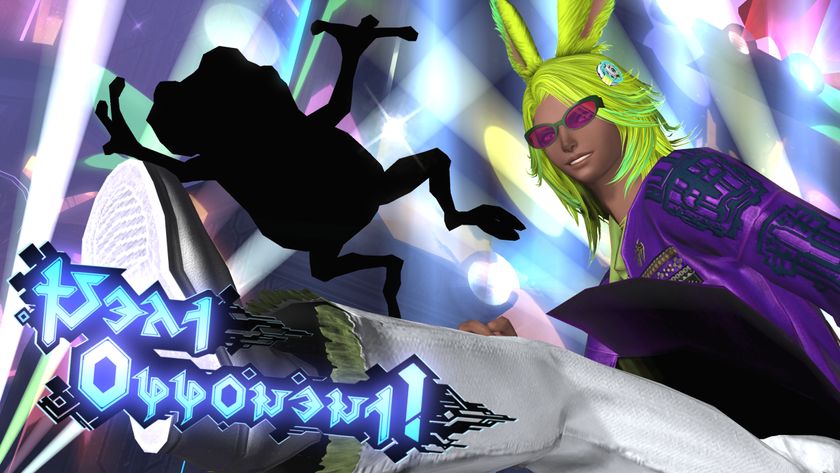Rome 2 lead designer talks ancient warfare, modding, DLC, and the importance of working with the community
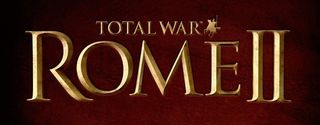
While at The Creative Assembly to see Rome 2 for the first time, I sat down with Total War lead designer James Russell to talk about the studio's reasons for returning to the ancient world, what new features players should expect from their second expedition to Rome, and whether the game will receive the same mod support that has just been rolled out for Total War: Shogun 2. Read our first preview of Rome 2 here , and also check out our video interviews with James Russell and lead battle designer Jamie Ferguson.
PC Gamer: So why return to Rome?
James Russell: Well, I think there are two reasons. Rome is the most popular era in terms of where the fans want us to return to. It's the most asked-for sequel on the forums, from our community, and I'm really excited to be announcing Rome 2.
I think there's something uniquely evocative about the Roman era, which is why is has such traction in the popular imagination. You see lots of Rome content on TV and so on. There's something absolutely magical about the period, I think, from the ideals of the Roman Republic up to the immense power of the Roman Empire, which created the excesses of notorious Emperors like Caligula, and so on.
I mean, it was a time in history where individuals could really shape history. You've got all these legendary figures like Julius Caesar, Cleopatra and there's something very unique about the Roman war machine and the look and feel of the legions. And of course the arena in which they were fighting - the whole ancient world with barbarians in the forests and exotic empires to the east. I think it's just a very very special period and we can make a magical Total War title out of it.
PC Gamer: What are the principal things you're looking to do with Rome 2, that you couldn't do do with Rome 1?
James Russell: First of all the scope of the game world in Rome 2 is going to be bigger, we're pushing the map further out. But really what we want to do... there's something very special about Total War in terms of the scale, and the spectrum of scales, that we have. So if you look at a battle you have incredible detail close up where you can see two men fighting it out, and you zoom out and you can see thousands and thousands of them on the battlefield. We really want to push both ends of that spectrum in Rome 2.
The biggest gaming news, reviews and hardware deals
Keep up to date with the most important stories and the best deals, as picked by the PC Gamer team.
So in terms of the detail, obviously we've got a new graphics engine, we've got new lighting system, new particle systems, we really want to increase the detail and the look and have a really gritty look and feel in terms of the man to man combat - really impactful animations. We're also bringing the cinematic skeletons fully in game, so we're going to have facial animations, we're going to have unit linked cameras. It really brings out that low level human scale drama that we want to have on the battlefield in a completely different way then we have before. Partly that's cameras, partly that's facial animation. We're having emotional interactions, we want to make the game more lifelike in terms of how [soldiers] behave at an individual human level.
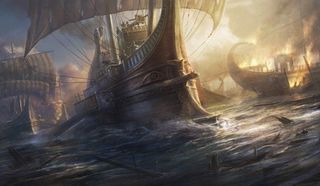
And at the other end of the spectrum, we're wanting to make that scale - that sense of grandeur - just more epic than ever. We want it to be the most spectacular gaming experience that people have ever seen. So we're making much bigger cities, epic battlefields, varied terrain, huge armies. And of course just in terms of the period, the huge variety of fighting styles, the variety of terrain and the exotic settings that we've got in the game, it's just going to be something quite spectacular I think.
PC Gamer: Shogun was praised for tightening the Total War experience down to a few key strategic decisions and battles over a very focused landscape. How do you maintain that focus when you're covering a huge period of history and a vast area of the world?
James Russell: I think the key there is to have a really tight design and there are certain features that we're planning that will give us the best of both worlds. So, for instance, we want to have on the campaign map a huge space but actually reduce the amount of management detail that you've got to go into. So we're going to have - instead of all regions being the same - we're going to have provinces which are made up of a number of different regions.
What that means is you don't have to manage loads and loads of regions, you manage a small number of regions relatively, but we still have that strategic depth where a province is made of up several regions which you can conquer. And what that means is that you can have the benefit of scale but you don't have the management detail. That's on the campaign map. On the battlefield really it's about making sure that the units are controllable and we're taking a whole bunch of measures to make sure that it's epically visual but also straightforward to control.
PC Gamer: So from what we saw, there's obviously a very strong narrative and character element. Is that the direction you see Total War going in? From historical simulation to telling stories from history?
James Russell: I think what's unique about Total War is that you make your own history. So we put you in this historical era, we immerse you in it, we put legendary characters from the era into the game, but the player makes their own history with those characters. But absolutely, that whole pillar, what we call the human face of Total War - we want to do that on the campaign map as well. We want to go down to that human scale and make more of characters, make more of stories and we've got various themes that we want to incorporate around betrayal ... are you saving the Republic or trying to be Emperor? That kind of thing. But absolutely the core pillar of Total War is that you're making your own history.

PC Gamer: So within that sandbox approach, how do you go about incorporating particular historical precedents, like 'this technology existed at this time' or 'this technology came from this place'?
James Russell: What we do is we create this world and the player chooses how to navigate through it. So for instance if the player chooses to focus on something that Rome didn't necessarily focus on until a lot later than the player can do that. If the player wants to go all out and become Emperor early that's what the player chooses to do.
PC Gamer: Are there any specific events or historical personalities that you're really keen to get into the game?
James Russell: Well there's all sorts of flavour of the period that we want to get in in various different ways. We really want to push more storylines into the game. You saw a little bit of that in Shogun 2 with the dilemma system and we wanted to make that a bit broader and really, really push those very unique ancient world stories into the game. But we're not putting the player on rails, they will be triggered depending on what the player is doing how how the player is behaving. So it's really our core goal to integrate the player's interaction with the rich tapestry of the ancient world.
PC Gamer: So when you're talking about themes, are you talking about things like - for example - cults of personality, and the relative power of generals in Rome and how that affected the Empire? That kind of detail?
James Russell: I mean, yeah. Effectively we've got a massive list of things we want to fold into the game in some way, and we do this with all Total War titles, and we look for all sorts of different ways to fold in those themes and flavours. But what we really want to do with Rome 2 is really emphasise the kind of human level drama that was a real part of the Roman world where, as I said, individuals could shape history.
Joining in 2011, Chris made his start with PC Gamer turning beautiful trees into magazines, first as a writer and later as deputy editor. Once PCG's reluctant MMO champion , his discovery of Dota 2 in 2012 led him to much darker, stranger places. In 2015, Chris became the editor of PC Gamer Pro, overseeing our online coverage of competitive gaming and esports. He left in 2017, and can be now found making games and recording the Crate & Crowbar podcast.

